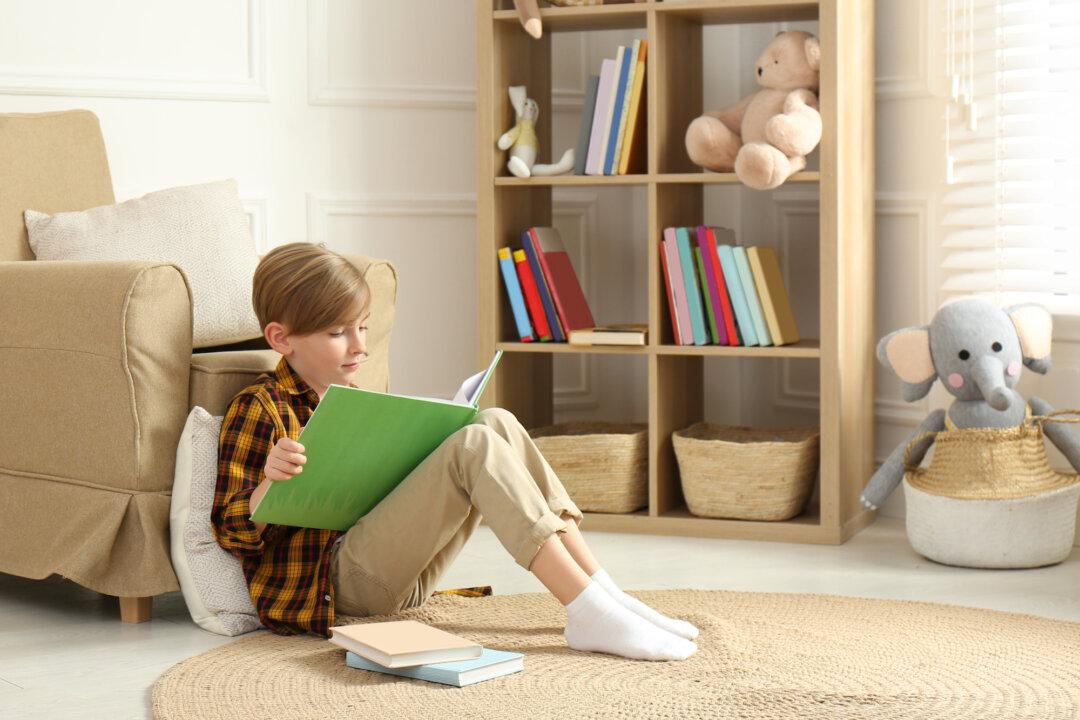Commentary
Because of the success of “Barbie,” one of 2023’s biggest blockbusters, the Barbie Movie Doll is a popular gift choice for children this Christmas. Other popular gifts include Lego, Spider-Man toys, Matchbox cars, and Play-Doh. For parents of young children reading this, I ask you to consider adding another gift to this list—a book. It could prove to be the best gift you ever buy your child.





